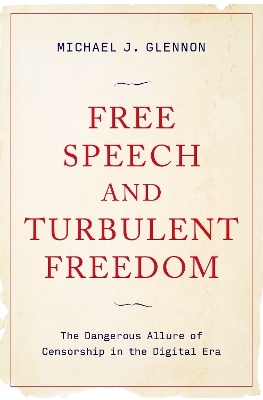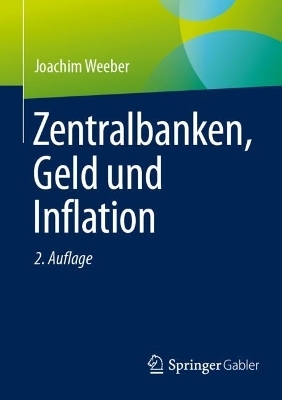
Free Speech and Turbulent Freedom
Oxford University Press Inc (Verlag)
978-0-19-763676-3 (ISBN)
A vast censorship regime has smothered America's digital marketplace of ideas, squelching free speech on vital policy issues ranging from public health to electoral politics. Its supporters regard its benefits as morally and politically beyond question. They contend it's carried out by private social media platforms, not governmental authorities. And they insist their partnership is voluntary, not coerced.
In Free Speech and Turbulent Freedom, Michael J. Glennon offers a timely and incisive response. The censors are short-sighted, he argues. Quibbling over outdated distinctions misses the real threat--which is the fusion of public and private power into a modern-day cartel able to overleap longstanding constitutional safeguards. American democracy, he argues, rests on a decentralized marketplace of ideas independent of the government. In crisp, trenchant terms, Glennon shows how concrete practical concerns justify protecting admittedly harmful online speech--even speech that advocates violence or embraces hatred or apparent falsehood. The intellectual journey of Justice Oliver Wendell Holmes Jr. from absolutist to skeptic, he suggests, illuminates the value of political pluralism and the perils of the censors' delusory certitude.
To safely self-correct, democracy requires open channels of political communication. Glennon calls on the courts to unblock those channels--to measure such speech against enduring First Amendment precepts rather than pliable international norms--and to protect the speech interests not merely of the government and Big Tech, but of all participants in the marketplace of ideas. That includes what's often overlooked: Americans' right to hear. Without robust judicial protection, the specious attractions of censorship--and the absolutist certitude that drives it--will destroy America's marketplace of ideas and, with it, any hope of political self-renewal.
Michael J. Glennon is Professor of Constitutional and International Law at Tufts University's Fletcher School of Law and Diplomacy. Before entering teaching, he was the Legal Counsel to the Senate Foreign Relations Committee. He is the author or co-author of ten books, including National Security and Double Government (OUP, 2014) and Constitutional Diplomacy (Princeton, 1990). His op-ed pieces have appeared in The New York Times, The Washington Post, Los Angeles Times, International Herald Tribune, Financial Times, and Frankfurt Allgemeine Zeitung.
Preface
Chapter 1: Introduction
Chapter 2: A Disciple Visits His Prophet
Chapter 3: The Certain Sage of Concord
Chapter 4: Holmes's Excursion into Doubt
Chapter 5: The Pluralist Purposes of the First Amendment
Chapter 6: Assessing the Pragmatist's Marketplace of Ideas
Chapter 7: Incitement to Law Violation or Violence
Chapter 8: Offensive and Hate Speech
Chapter 9: Disinformation
Chapter 10: Is the First Amendment Outdated?
Chapter 11: International Human Rights Law
Chapter 12: Symbiotic Security and Free Speech
Chapter 13: Conclusion
Acknowledgments
Notes
Index
| Erscheinungsdatum | 17.01.2024 |
|---|---|
| Verlagsort | New York |
| Sprache | englisch |
| Maße | 226 x 163 mm |
| Gewicht | 544 g |
| Themenwelt | Recht / Steuern ► EU / Internationales Recht |
| Recht / Steuern ► Öffentliches Recht | |
| Sozialwissenschaften ► Pädagogik | |
| Sozialwissenschaften ► Politik / Verwaltung ► Staat / Verwaltung | |
| Sozialwissenschaften ► Politik / Verwaltung ► Vergleichende Politikwissenschaften | |
| ISBN-10 | 0-19-763676-4 / 0197636764 |
| ISBN-13 | 978-0-19-763676-3 / 9780197636763 |
| Zustand | Neuware |
| Haben Sie eine Frage zum Produkt? |
aus dem Bereich


